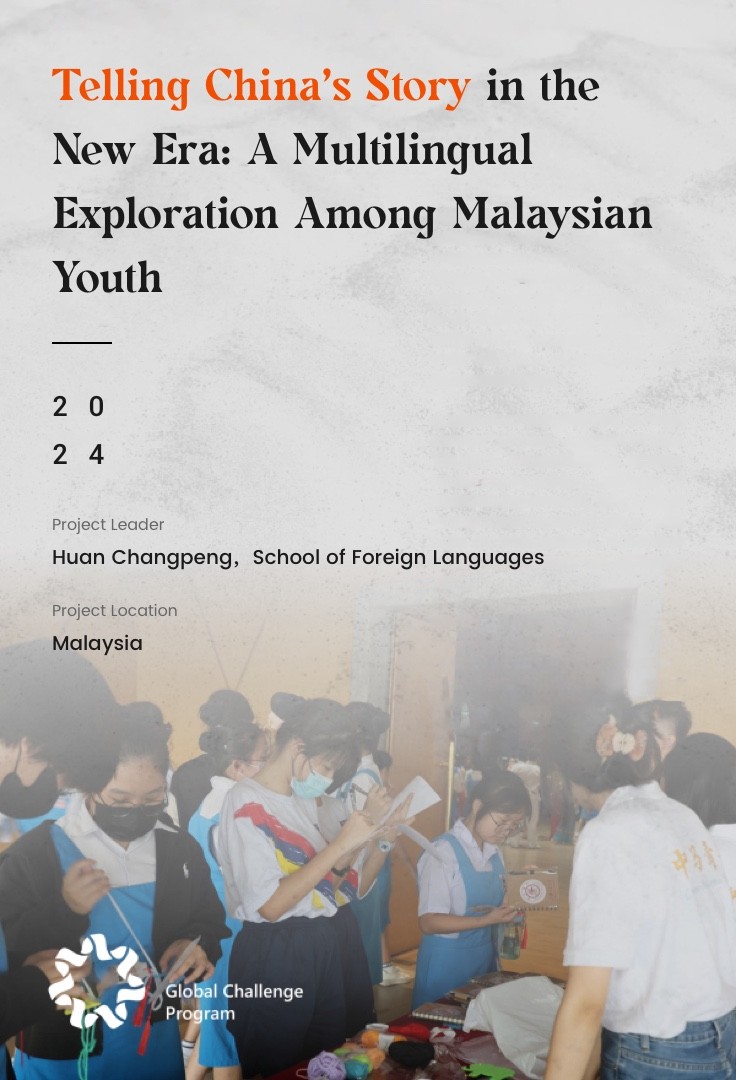Project Leader: Xu Jian,School of Media & Communication
Project Location: Malaysia, Indonesia, Singapore
Southeast Asian countries, represented by ASEAN, are becoming a key force in the evolving global landscape. These nations emphasize inclusive development, diverse values, and mutual benefit, aligning closely with China’s development goals. For China, Southeast Asia is a strategic region for building future international cooperation. The digital gaming industry not only drives the digital economy but also plays a role in sharing Chinese culture globally. The rise of "Chinese games going global" is attracting young players worldwide, forming a "new global language" that transcends borders and language barriers.This trend holds important value for advancing China’s cultural presence abroad and contributing to a shared future for humanity.
The project team explored the reasons behind the success of Chinese games in Southeast Asia, assessing whether they truly possess the capacity for cultural export. It also examined whether gaming could become a key channel for improving cultural affinity and acceptance of Chinese culture in the region. The findings aim to inform the broader strategy of "culture going global" and offer theoretical guidance for the future development of Chinese enterprises in Southeast Asia.
The project team released the 2023 "Global Esports City Evaluation Report", along with a policy advisory brief titled "Achievements in Building Global Esports Cities: Enhancing Shanghai’s Global Influence as an International Metropolis". The report was included in "Dynamic Feedback", an internal bulletin of the Shanghai Municipal Party Committee. Related media coverage achieved over 1 million views, generating strong publicity outcomes and notable social impact.



